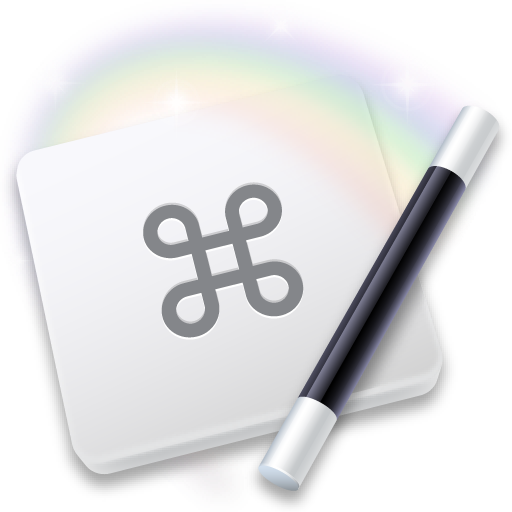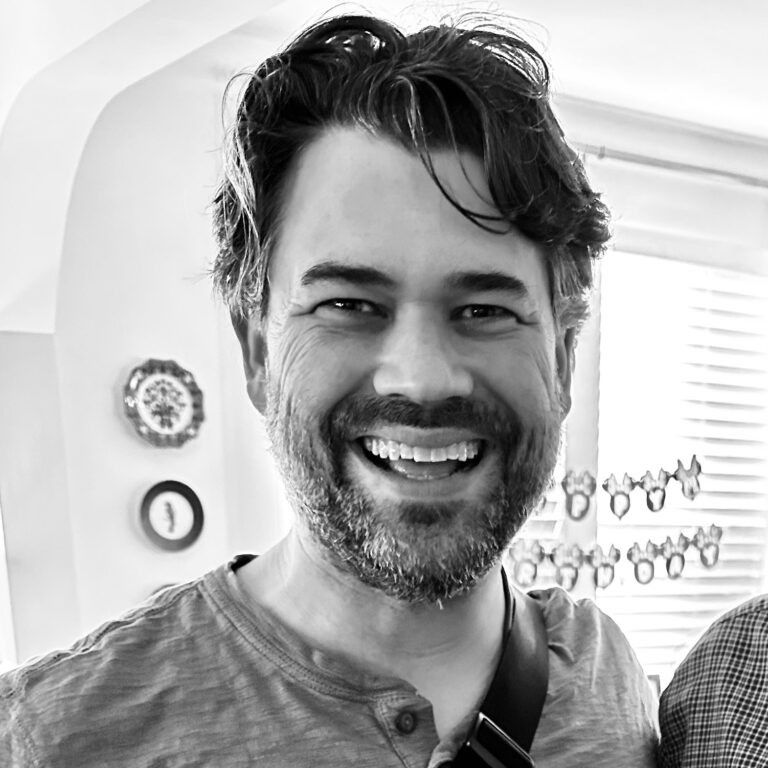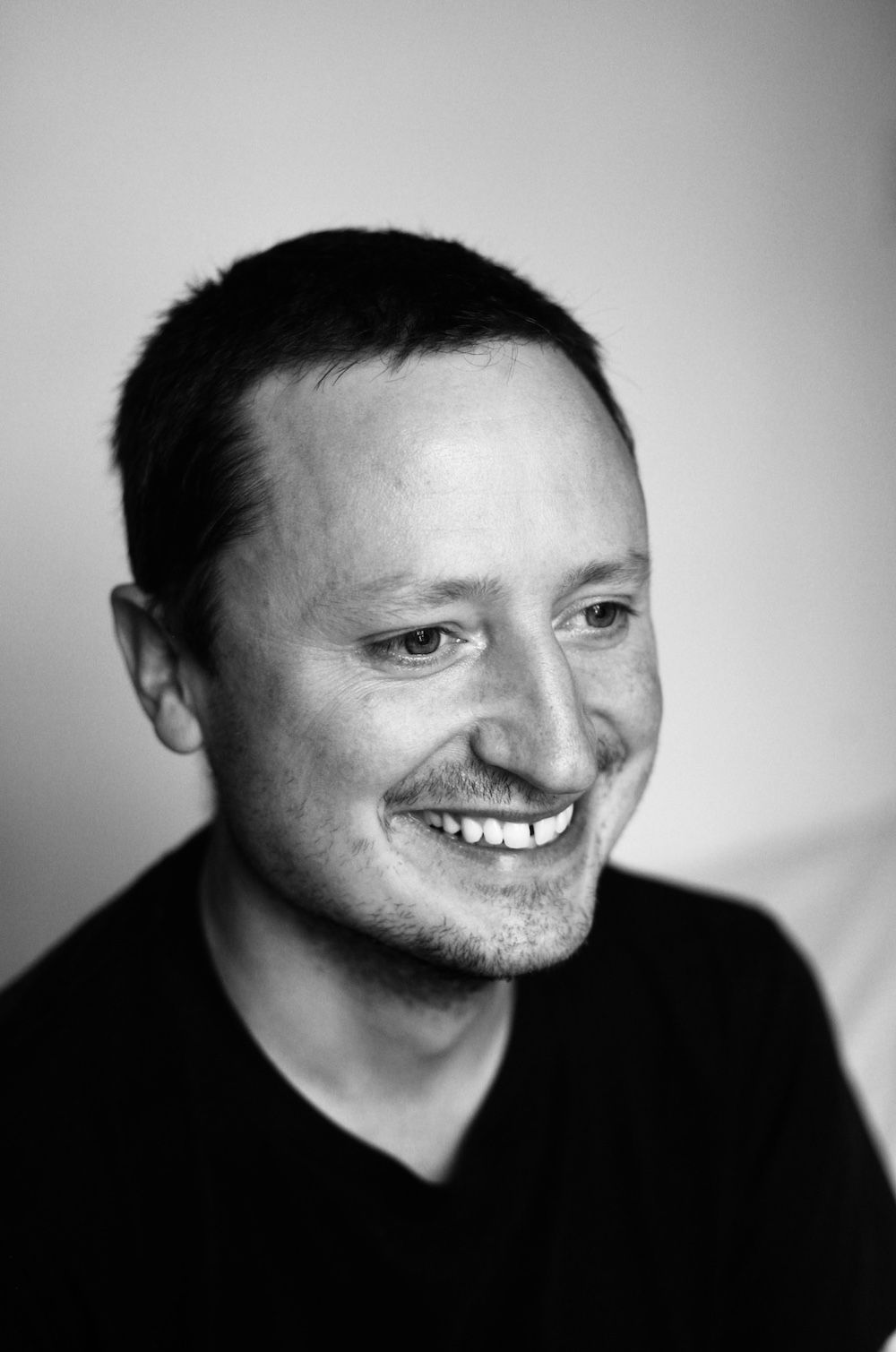An Interview with Nicolas Rougier
Nicolas P. Rougier is a senior researcher in computational cognitive neuroscience at Inria and Institute of Neurodegenerative Diseases.

Nicolas P. Rougier is a senior researcher in computational cognitive neuroscience at Inria and Institute of Neurodegenerative Diseases.
Who are you, and what do you do?
My name is Nicolas P. Rougier and I'm a director of research at Inria which is the National Research Institute for Research in Computer Science and Mathematics. My research is in the domain of computational neuroscience, mostly designing brain models to explain decision making and behaviour. My background is in computer science and mathematics and this is one of the reason that I'm also interested in scientific visualization. I've authored many resources on that topic, the latest being an open access book on scientific visualization using Python and Matplotlib (see https://www.labri.fr/perso/nrougier/scientific-visualization.html). I'm also interested in reproducible science and I've authored books and papers and co-founded the ReScience C and the ReScience X journals. Finally, when I've some spare time, I hacks Emacs.
How did you get interested in that?
Interested in neuroscience, visualization, typography, reproducibility or Emacs? For Neuroscience, I think it dates back to my PhD in 2000 where I designed artificial neural networks largely inspired by the structure of the brain. For visualization and typography, I'm not sure how it started. Probably 15 to 20 years ago when I was designing figures for my scientific articles and started to read on the topic. For reproducibility, it started exactly in 2015 when I failed at re-using a published model whose author was in the same lab as me. After receiving many feedbacks from the community following a comment I published, I decide to create the journal.
What tools do you use? (Could be hardware, software, something else entirely.)
I'm using a MacBook Pro without external screen and this is mostly it. On a daily basis, I'm using Emacs for mail, agenda (org-agenda), news (elfeed), notes (deft), bibliography (org-bib), writing and development of course. For the rest, I'm using Firefox for browsing and some desktop clients for Twitter, Slack and Gitter. For these last ones, I would prefer to use Emacs as well but I did not have time yet to search for Emacs clients.
Besides the tools, what routines help you get your work done?
Not sure about this one because I'm not alway on time on various tasks. At some point I tried to stick to GTD (https://www.labri.fr/perso/nrougier/GTD/index.html) but I slowly drifted towards a more straightforward process. My scientific life is made of a lot of meetings (with students or administrative) and mails such that for other tasks, I complete them when I've time. This is one of the reason I'm always late on answering issue on GitHub.
A quick look at your GitHub profile shows that more than 10% of your repos have to do with Emacs. Why is Emacs such an important part of your workflow?
I've been using Emacs for approximately 30 years but this is only lately that I started investigating it seriously. I then realized the huge community behind Emacs and the large number of packages that allows you to do virtually almost anything. I then started to hack Emacs and soon I was able to contribute some code to the community. Having a truly free software such as Emacs that allows you to do so much in a robust and reliable way is still a source of amazement for me.
You've written several Open Access books and have an Open Heroes repo, where you list people that help facilitate science by making it easily and freely accessible. Why is Open Access & Free Software important to you, and why is it important for the world?
I'm strong supporter of Open Science and Free Software because I think knowledge and access to knowledge should be free. There's actually no good reason to keep knowledge behind barriers and consequently, I try to empower user and researcher with the various material I put online.
What resources (books, videos, etc.) or advice do you have for people that are interested in your line of work?
Difficult question. For scientific visualization, Edward Tufte is my hero and I also like very much the book "Trees, maps and theorems" by Jean-Luc Doumont. For Emacs, I never took the time to follow a proper course on lisp and I mostly use Stack Overflow when I need to find an answer. I also look at people's code to take inspiration. On that respect, I like very much the work of Adam Porter and Protesilaos Stavrou.
How do you relax or take a break? How do you avoid burnout?
I read books on totally different topics such as science fiction, I'm a fan of Philip K. Dick and Greg Egan (e.g. Axiomatic). I'm incidentally co-organizing a yearly science and fiction festival in Bordeaux gathering most French sci-fi writers.
What are some of your favorite things that you've created?
I'm very proud of a course on digital typography I gave with Behdad Esfahbod gave at SIGGRAPH 2018
(https://history.siggraph.org/learning/digital-typography-25-years-of-text-rendering-in-computer-graphics-by-rougier/) because it's not my domain of research and the selection process is quite difficult. The conference was an amazing experience.
I'm also quite pleased with the preprint "On the design of text editor" (https://hal.inria.fr/hal-03018466/document) that give some ideas on the design level for text/code editors. Most of these principles have been implemented in Elegant Emacs (early prototype) and now Nano Emacs.
Who or what inspires or motivates you; or, alternatively, that you admire?
Richard Stallman is someone I admire for his many contribution and ideas on user freedom in general and of course for its core contribution to Emacs.
What would be your dream setup?
In terms of hardware and because of my love for typography, I would like to have an e-ink monitor with a high resolution (1200 DPI) and high refresh rate, possibly in colors. I don't think it exists yet but I've seen some recent products that make me believe it could exist in a few years.




